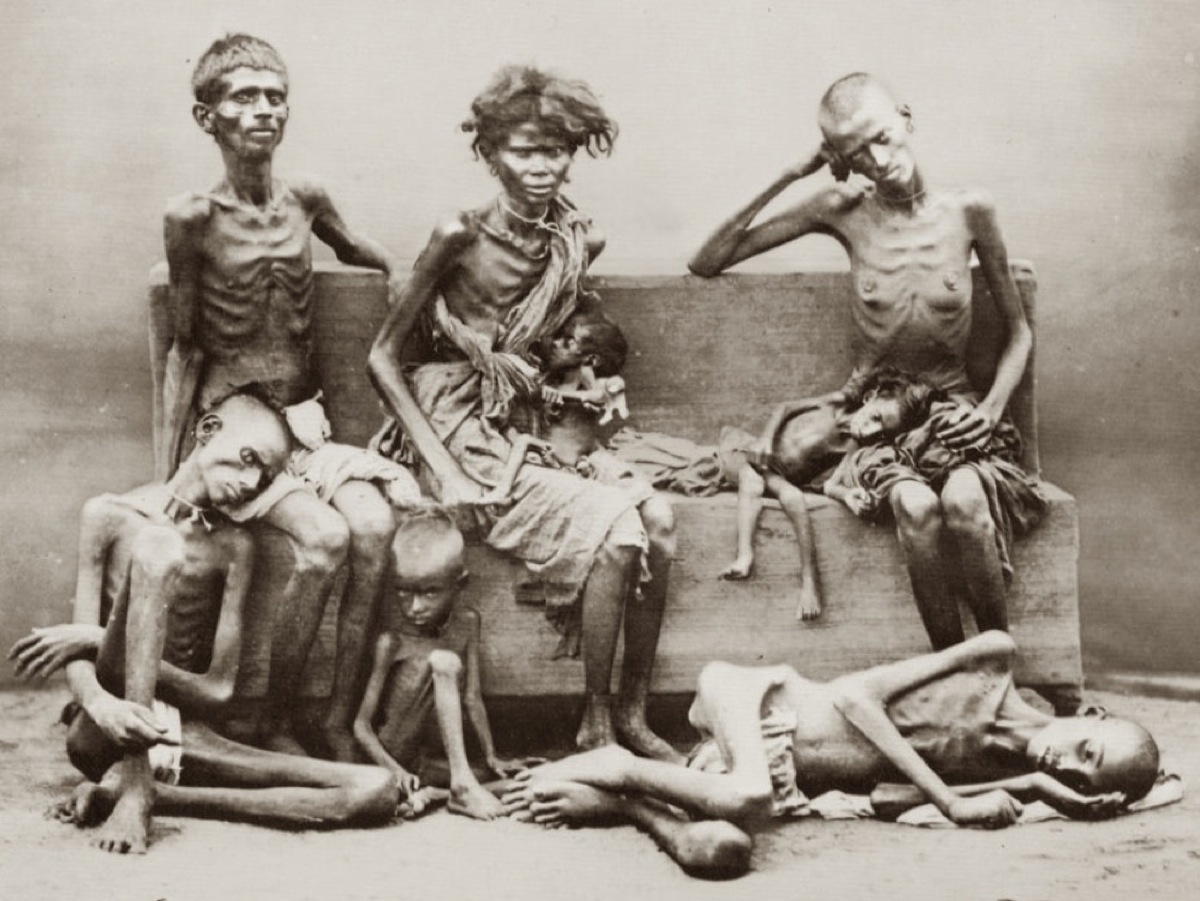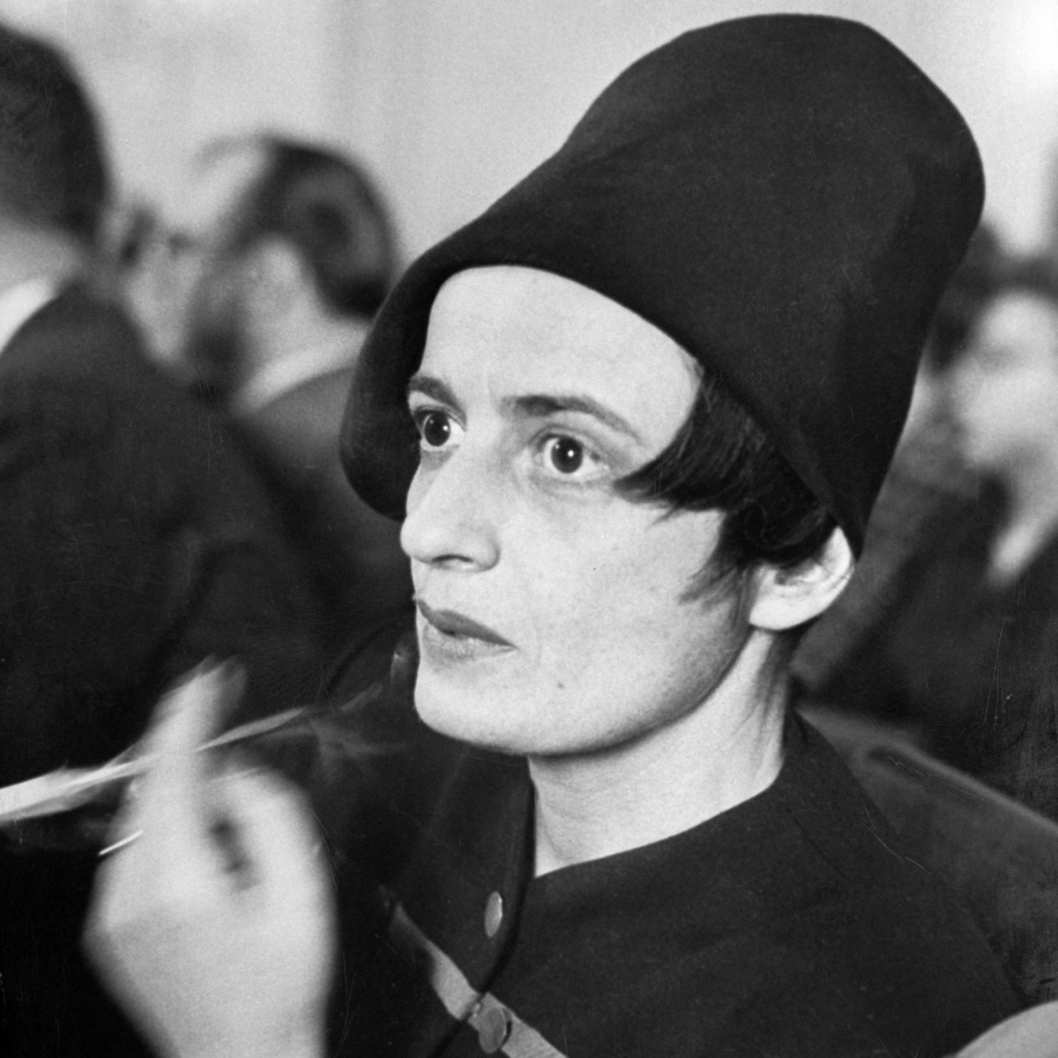Atilla Shrugged
The Madras Famine
Ayn Rand on Genocide
 The Madras Famine of 1876-78 visited catastrophe on 50 million souls, claiming more than 5 million lives outright. Cargos of grain for export to paying customers were loaded on ships before the eyes of the unmonied starving.
The Madras Famine of 1876-78 visited catastrophe on 50 million souls, claiming more than 5 million lives outright. Cargos of grain for export to paying customers were loaded on ships before the eyes of the unmonied starving.

“The world you desire can be won, it exists, it is real, it is possible, it is yours.” —John Galt
The central narrative of John Galt is that people only suffer privation because the lack the will to reach out seize the bounty before them. Shelley answered similar apologies, generations before the Objectivists came along.

Famine is often thought of as a consequence of natural disaster, war or collapse of governing authority. The Madras famine had none of those attributes. Grain was plenty and civil authority was throughly in control, shipping grain across the seas to paying customers while the local constabulary was tasked with guarding the cargo and carting off the dead. The moral authority for this worldview was enshrined by Ayn Rand, who said

“The principle of trade is the only rational ethical principle for all human relationships, personal and social, private and public, spiritual and material. It is the principle of justice”
—Ayn Rand
Just a few years before the Madras Famine, Fyodor Dostoyevsky took up the question of laissez faire and famine in the age of plenty, in “The Idiot”, first published in serialized format in 1868, where he developed the issues with depth and subtly, exercising the question through the anecdote of the cannibal Monk before preempting the Objectivist apology in Lebedev’s speech:
“Not railways, properly speaking, but the general tendency of which railways may be considered as the outward expression and symbol. We hurry and push and hustle, for the good of humanity! ‘The world is becoming too noisy, too commercial!’ groans some solitary thinker. ‘Undoubtedly it is, but the noise of trains bearing bread to starving humanity is of more value than tranquility of soul,’ replies another triumphantly, and passes on with an air of pride. As for me, I don’t believe in these wagons bringing bread to humanity. For, founded on no moral principle, these may well, even in the act of carrying bread to humanity, coldly exclude a considerable portion of humanity from enjoying it; that has been seen more than once.”
—Lebedev, from Dostoyevsky’s “The Idiot”
In The Idiot, Dostoyevsky toys with the propensity of people to resort to the mysticism of Revalations whenever the philosophical ground gets rough. He playfully associates the Wormwood Star of the Apocolypse to the neo-Malthusian view that “the principle of trade is the only rational ethical principle for all human relationships”, that avoidable death by starvation is somehow justice. And he did all of this not knowing who Ayn Rand would become, only that a mental illness of her type would inevitably come to infect the modern world, and that his task was provide us with a vaccine that would survive the ages.